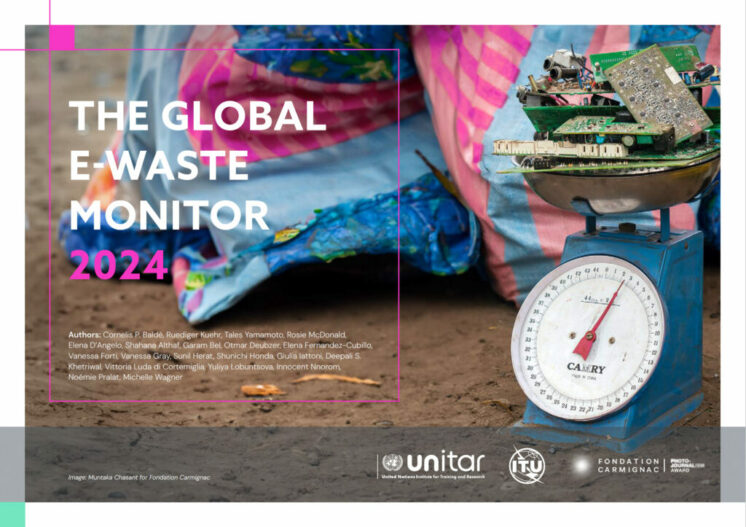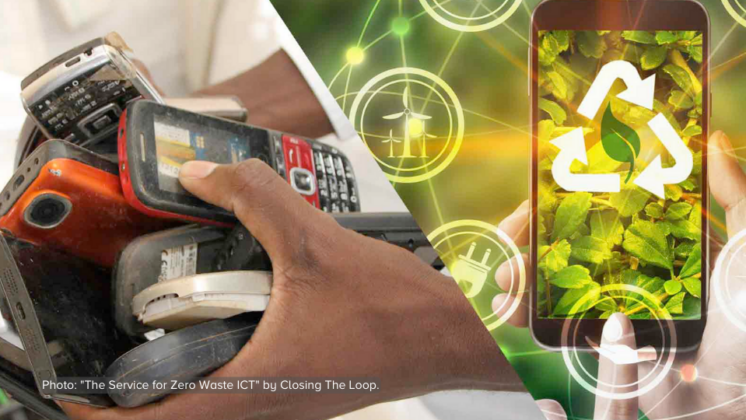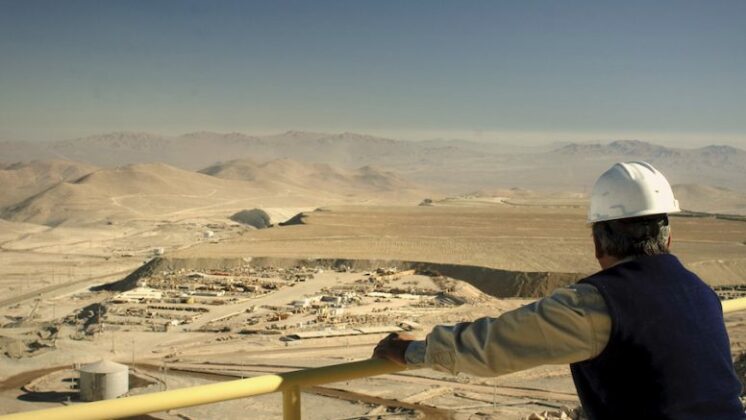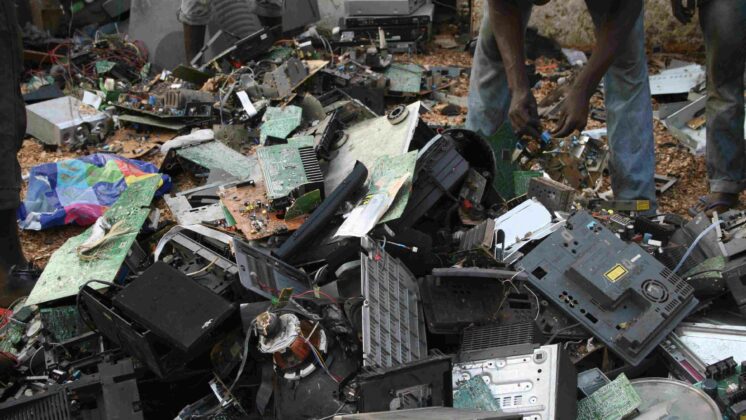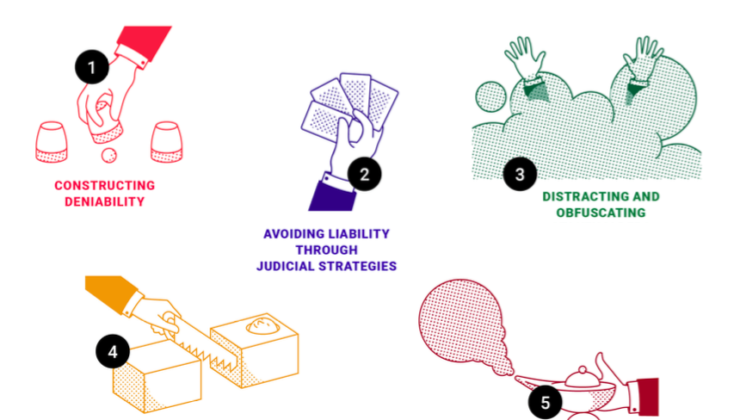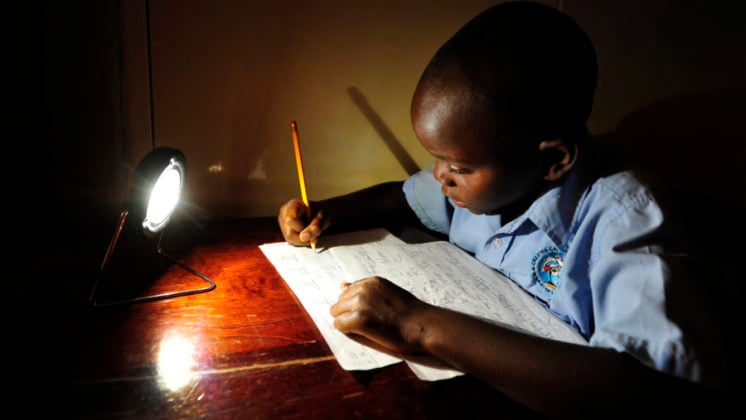The 2024 UN Global E-waste Monitor report reveals, among its findings, that over a billion pounds of electronic waste, containing dangerous substances like mercury and lead, are illicitly shipped annually, predominantly from wealthier to poorer nations. The report also discusses the grave environmental and health risks associated with e-waste recycling. A case in point is Delhi’s Seelampur, dubbed the “toxic sink,” where workers handle hazardous waste without any protective measures. This situation underscores the grave environmental and health risks associated with e-waste recycling and the urgent need for stringent regulations.
